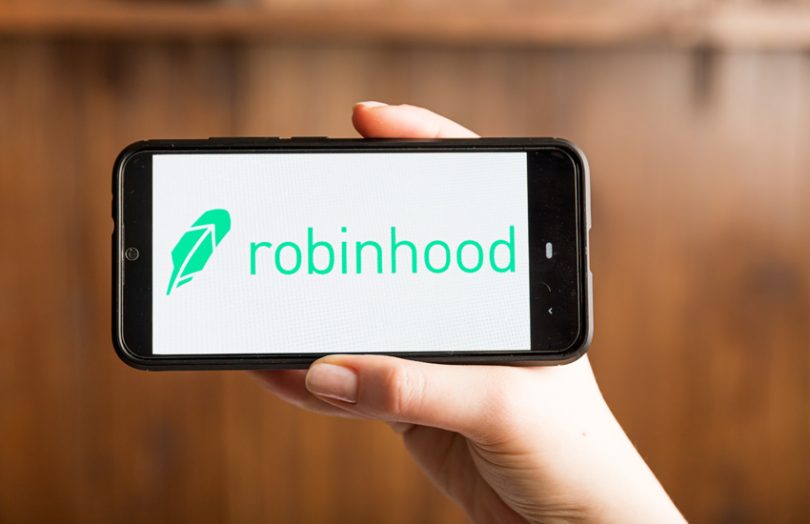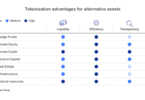Yesterday there was outrage over the Robinhood stock trading app temporarily halting purchases of GameStop (GME) and a few other stocks. The GME price went from $18 two weeks ago to $330 today following activity on the WallStreetBets message board on Reddit.
The reason why Robinhood and other brokers stopped allowing trades wasn’t some conspiracy collusion with hedge funds. Robinhood explained that the driver was “SEC net capital obligations and clearinghouse deposits.” Stock trades take two days to settle, which is the reason behind these rules. So a spike in purchase volume requires Robinhood to put up more capital, which it raised yesterday. Also, while the retail trader might make instant payments, Robinhood doesn’t receive the money immediately.
If payments were in digital currency via a blockchain in exchange for tokenized stocks, there could be instant settlement or delivery versus payment, which could make this issue disappear.
Short selling and stock lending
Retail investor animosity towards hedge funds and short sellers has been a feature of this saga. But it turns out that Robinhood profits from short sellers. While a basic Robinhood account is free, it has a profitable business model that is quite transparent. A major income source is rebates from market makers, but it also earns money from stock lending.
And it lends its customer’s stock to short-sellers for a significant return. As Mark Cuban pointed out, the current rate for lending GME stock is 30% per year.
With blockchain, the investor has the potential to have greater control over the stock they own. They could choose not to enable shorts by not lending the stock. Or potentially earn the stock lending income themselves.







